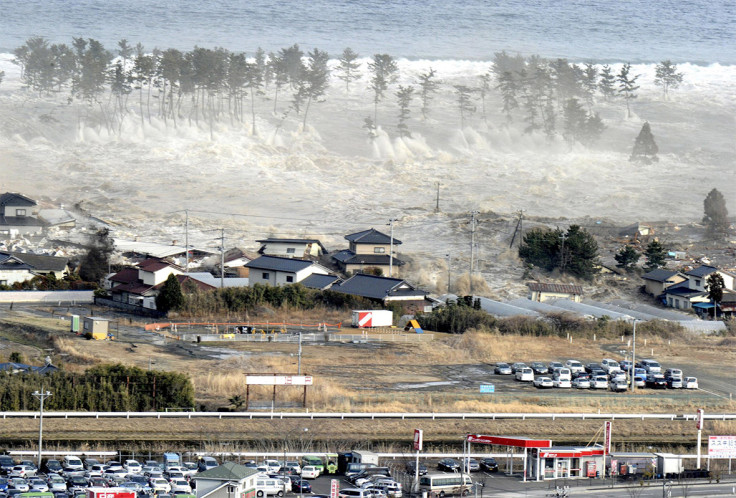First the tsunami took their homes. Now it's taking their memories
Findings indicate dementia should be considered as a potential health risk for elderly survivors of natural disasters.
The 2011 Japan earthquake and tsunami appears to have led to an increase in dementia in the years following the disaster. Scientists have shown the number of people with dementia symptoms trebled in the aftermath, with those who lost their homes, friends and relatives at most risk.
Natural disasters pose major risks for older people – their medical care can be disrupted and they face social isolation as a result of the displacement. While there has been research into the impact natural disasters has on mental health, it has been largely limited to the development of post-traumatic stress disorder (PTSD).
However, researchers from the US and Japan have now been able to examine the effect of the natural disaster on mental health thanks to a survey taken carried out shortly before the tsunami struck. In their study published in the journal PNAS, scientists looked at over 3,500 survivors of the disaster aged over 65 to work out if dementia risk increased – and, if so, what factors were behind the rise.
The Japan Gerontological Evaluation Study was carried out seven months before the earthquake and tsunami. It looked at the health of older people living in communities around 80km (50m) from the earthquake's epicentre, allowing the team to assess the risk factors for health issues like dementia, stroke and hypertension. Researchers followed up with the survivors two and a half years after the disaster.

Before the tsunami, 4.1% of participants had been assessed as having symptoms of dementia. After the disaster, this rose to 11.5%. They found the biggest impacter was people losing their homes, more so than losing friends and family. People who ended up in temporary housing showed the highest levels of cognitive decline – the greater the damage, the greater the cognitive decline.
"The severity of housing damage was significantly associated with cognitive decline after controlling changes of covariates and risk factors during the follow-up period," the team wrote. "Cognitive decline should be listed as a health risk of older survivors in the aftermath of natural disasters."
"In the aftermath of disasters, most people focus on mental health issues like PTSD," said Hiroyuki Hikichi, lead author of the study. "But our study suggests that cognitive decline is also an important issue. It appears that relocation to a temporary shelter after a disaster may have the unintended effect of separating people not just from their homes but from their neighbours – and both may speed up cognitive decline among vulnerable people."
© Copyright IBTimes 2024. All rights reserved.







